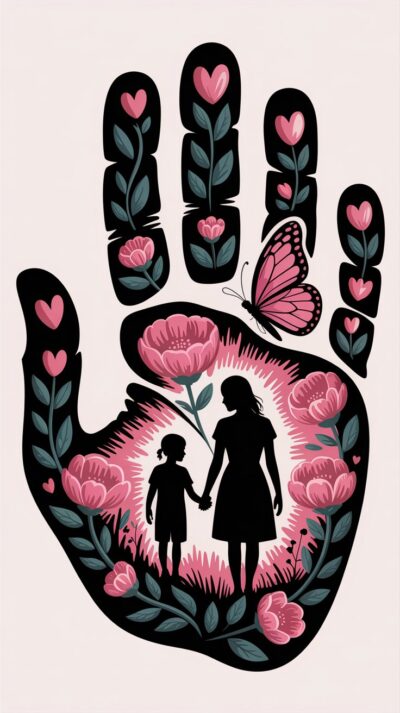Anesthesia, Memory & the Body’s Response “Just because they can’t tell the story, doesn’t mean their body didn’t live it.”We don’t often
Anesthesia, Memory & the Body’s Response
“Just because they can’t tell the story, doesn’t mean their body didn’t live it.”
 We don’t often talk about it this way, but we need to:
We don’t often talk about it this way, but we need to:
Premature birth can be the first trauma.
And even if your child was medically stable, loved, and well-cared for—their body still remembers.
Not in words.
But in sensation.
In survival.
In how they wake up from sleep.
In how they respond to medical procedures.
In how they fight when they come out of anesthesia.
🧠 The Body Remembers What the Mind Doesn’t
Premature babies aren’t just born early—they are born unfinished.
Their nervous systems are still forming.
So every light, needle, beeping machine, separation from a parent, or sudden touch is stored… not as a memory, but as a pattern.
They learn:
Touch might mean pain
Bright lights can mean something scary
Being held still means I’m not safe
The people standing over me might not be able to help me
Later, those same patterns can surface again—especially during surgery, hospitalization, or waking up from anesthesia.
😵💫 What Is Emergence Delirium?
Some children (and adults) wake up from anesthesia in a panic.
They may:
Cry out or scream
Thrash or hit
Try to run or pull away
Look terrified or confused
Not know where they are
Be unable to calm down
This is called emergence delirium.
And it’s not bad behavior.
It’s not “drama.”
It’s a nervous system trying to protect itself—fast.
🖤 For Children Who Were Born Premature
Even without conscious memory, a child who was born early may:
Be more sensitive to medical environments
Wake up from anesthesia fighting, crying, or scared
Feel overwhelmed by restraint, bright lights, or strangers
Need extra time, softness, and narration during recovery
This is not about labeling every child a “victim.”
This is about recognizing the wisdom of the body, and honoring the invisible journeys our children have survived.
✊🏽 What You Can Do As a Parent
Speak the truth out loud: “My child was born early. That was traumatic, even if they don’t remember it the way we do.”
Tell medical staff:
“My child was premature and can be sensitive to anesthesia. Please speak gently when they wake up. Let me be present if possible.”Watch for signs of stress after surgery and let them talk, draw, or process however they need.
Don’t rush them back to “normal.” Honor their nervous system’s pace.
📣 Let’s Keep Telling the Full Story
We don’t have to dramatize or exaggerate.
But we do have to stop pretending premature birth is only a medical condition.
It’s a separation. A shock. A disruption in development. A deep need for repair.
And sometimes… the body still remembers what we were never told to grieve.
That doesn’t make your child broken.
It makes them resilient.
And it makes you wise for recognizing that healing begins when the truth is named.
What is Emergence Delirium?
🪷 “Share if you feel safe and ready—your voice might be the lifeline someone else needs.”
And if you do share, remember to cite the messenger. Words carry legacy. 🪷